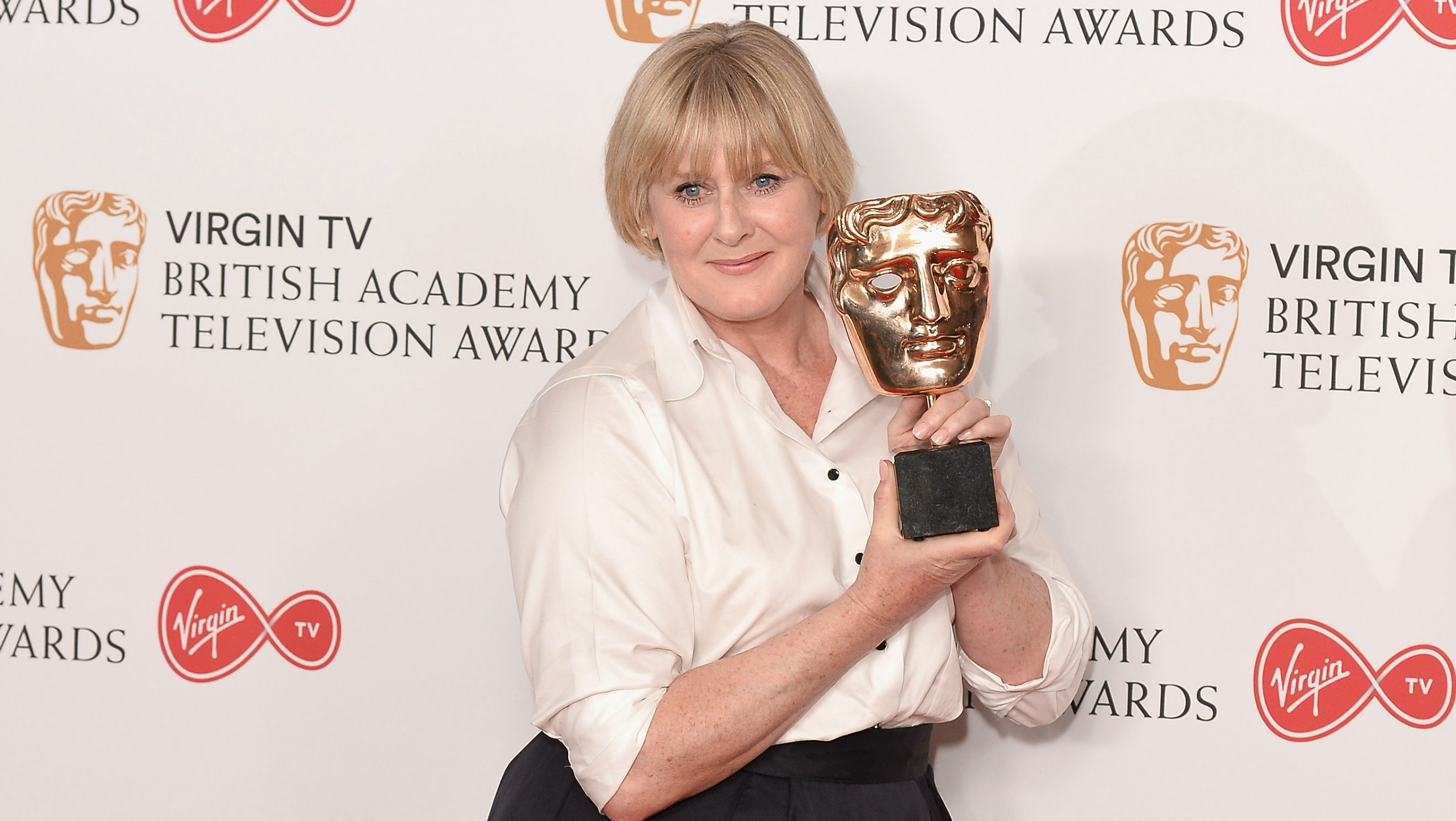
Baftas 2017: happy valley beats the crown in mixed night
- Select a language for the TTS:
- UK English Female
- UK English Male
- US English Female
- US English Male
- Australian Female
- Australian Male
- Language selected: (auto detect) - EN
Play all audios:

Stars of the small screen from across the globe flocked to central London for the British Academy Television Awards last night. With the ever-popular Stranger Things and smash-hit The Crown
lurking among the nominees, few shows looked to stand a chance against the might of Netflix. However, the streaming site's hot favourite The Crown - one of the most expensive TV shows
ever produced at an estimated £100m - lost out on best drama series to the BBC's police show Happy Valley, something that would have pleased the corporation no end, says the Daily
Telegraph. SUBSCRIBE TO THE WEEK Escape your echo chamber. Get the facts behind the news, plus analysis from multiple perspectives. SUBSCRIBE & SAVE SIGN UP FOR THE WEEK'S FREE
NEWSLETTERS From our morning news briefing to a weekly Good News Newsletter, get the best of The Week delivered directly to your inbox. From our morning news briefing to a weekly Good News
Newsletter, get the best of The Week delivered directly to your inbox. "When Netflix outbid the BBC for rights to produce The Crown, it was meant to represent the US streaming
giant's triumphant entry into the world of British drama," the paper adds. "But the BBC had the last laugh when its gritty police procedural Happy Valley, made on a fraction
of The Crown’s £100 million budget, trounced it at the Baftas." Happy Valley didn't stop there. capping off what Radio Times described as a "big snub for Netflix and a stellar
night for the BBC", Sarah Lancashire, who plays Sergeant Catherine Cawood in the show, took home the coveted award for best actress ahead of the hotly tipped Claire Foy of The Crown.
Best actor went to Adeel Akhtar for Murdered by My Father, an unflinching drama about so-called "honour killings", while American Crime Story: The People v. OJ Simpson was named
best international programme. Not everyone was pleased by the results. This year's nominations hinted this would be a "brave" year for Bafta, The Guardian says, featuring
shows that "were unusually sensitive to two definitions of diversity: the range of people and subjects featured, and the ways content is made available. "But on the night, given
the choice between the known and the fresh, almost all radicalism vanished," the paper continued. "The winners largely represented a reversion to the most conservative and
traditional options. Those taking trophies home included long-established talents... and formats."
